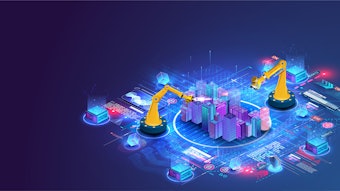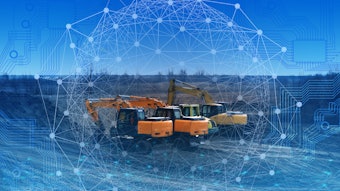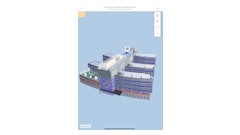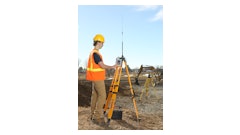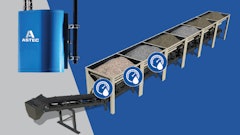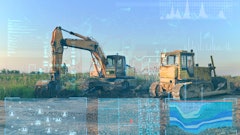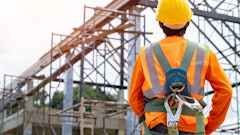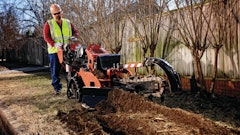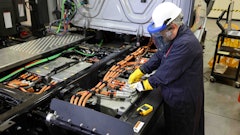
As AI and machine learning technologies continue to take the world—and seemingly every industry—by storm, the global construction industry is set to undergo massive changes. Of course, the construction industry is no stranger to constant change, as the past decade has been marked by pandemic-related and supply chain-related changes.
Moving forward, though, many builders are hoping AI and machine learning technologies can help them overcome long-standing challenges in the space, such as the difficulty to find enough skilled labor, increasing cost pressures, and more. Some are even hoping advancing technology can help their companies meet their increasing sustainability goals.
New technologies will play a critical role in helping construction executives and project managers meet these challenges moving forward. Here are four key areas to watch as technology continues to transform the way the construction industry operates:
AI Pushes Past Predictions to Drive Efficiencies
After the explosion of generative AI last year, we’re likely to see use cases emerge across the industry to show how AI is moving past simply predicting outcomes to actually drive efficiencies both on and off the jobsite. Ultimately, increased adoption of generative AI and large language models may streamline construction processes and drive efficiencies across the full construction lifecycle. This includes planning, design, and jobsite execution.
Practical applications of AI that support user level efficiency are likely to become standard. An increase in field automation will help address labor shortages thanks to new tools like robotic scanners and autonomous drones. AI can also help ongoing talent gap issues by easing the onboarding process for new workers through the creation of job aids that draw from historical knowledge and data.
And lastly, most importantly, AI will help firms prioritize worker safety and productivity.
Multi-Cloud Boosts Interoperability
Cloud adoption has ramped up in the construction industry, and multi-cloud is the next horizon. Companies can also turn to industry cloud platforms, which unite software, platform, and infrastructure-as-a-service capabilities to offer solutions for various industries.
Soon, all systems of record will be required to be interoperable to keep up with greater digitization in the sector. Unified, intelligent platforms that work together to address modularity, security, performance, and other key areas will be an expectation for organizations continuing to modernize operations.
As a result, construction firms will look toward end-to-end solutions that unite enterprise resource management, human capital management, accounting functions, and industry-specific technologies. These platforms give industry players an easier approach to manage workloads and accelerate change against the specific data, compliance, and other needs of their industry.
High-Compliance Data Security Becomes Standard
With the exciting increase in AI use cases comes greater needs for data security. What is considered high compliance today will become tomorrow’s expectation of standard compliance.
This means firms will need to evaluate their cyber resilience to ensure they are meeting these stricter standards. Stronger data practices will help organizations demystify data analytics and make better, faster decisions.
Prefab, Industrial Construction Approaches Gain Momentum
Due to labor shortages and available funds, our industry will be forced to reinvent itself by moving closer to fabrication and automation. As a result, prefab and industrial construction investments will increase in 2024. Affordable and sustainable ways of building vertical and horizontal construction will be a top priority.
Teams looking to utilize offsite construction will seek to adopt a modern project portfolio management and scheduling solution that can address the complexities of offsite construction to help teams maximize the added efficiency of the approach and keep them in constant contact with the third parties that are fabricating components. This type of platform helps ensure the offsite and jobsite teams remain in sync, even when they face unexpected scheduling changes.
Technology has, and will continue to, reshape the way the construction industry operates. It is a powerful instrument in confronting the many challenges projects face every day. From enhanced standardization and project management platforms to automation options that increase speed and reduce costs, these new tools offer increased flow within offsite construction projects. And the companies that embrace and use these tools to their fullest extent are likely to be the successful ones moving forward.
